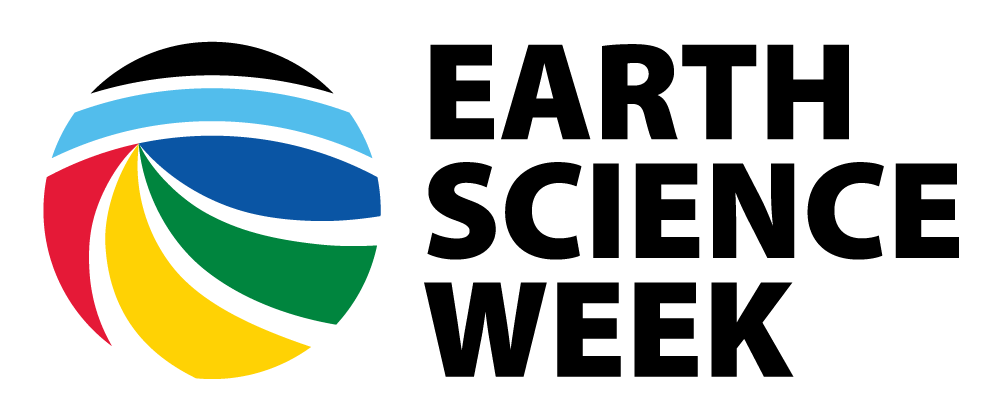Earth Science Week Classroom Activities
Products from Petroleum

Activity Source:
Society of Petroleum Engineers. Adapted with permission.
Where would we be without petroleum? You can kiss lipstick goodbye!
Not only does petroleum provide fuel to run our vehicles, cook our food, heat our homes, and generate electricity, it is also used in plastics, medicines, food items, and countless other products, from aspirin to umbrellas and, yes — lipstick! We use many oil products as synthetic alternatives to natural materials, including synthetic rubber instead of natural rubber, and detergent instead of soap. Oil also gives us entirely new, unique materials such as nylon.
Materials
- Display of petroleum products, such as petroleum jelly, plastic items, cosmetics, synthetic rubber, nylon, tennis shoes, iPod (visit www.energy4me.org for additional suggestions)
- 400 ml 2-percent milk
- 100 ml white vinegar
- 1 liter Pyrex beaker
- Spoon or stirring rod
- Hot plate
- Pot holder or beaker tongs
Procedure
- Your teacher will have a display of petroleum products set up for you to examine. After you look at all the items in the display, discuss the numerous products we use every day that are made with petroleum. How do you think we can we get materials like plastics from crude oil? Share your thoughts with others in your group.
- In this activity, you are going to use milk as a model for crude oil. What are some products made from milk? What must happen to the milk to get these products?
- Your teacher will turn on the hot plate in a place where everyone can see. Observe as your teacher stirs together milk and vinegar in the beaker over gentle heat until the substances have separated into curds (solids) and whey (liquid).
- Discuss: What did you have to do to the milk and vinegar mixture to separate it into curds and whey?
- Think about how this experiment is similar to the separation of crude oil into usable parts. Crude oil must be heated to separate into different substances before it can be made into products.
- Working with a small group, make a list of all the petroleum-based products, appliances, and conveniences your family uses on a daily basis.
- Next, make a separate list of the 10 most important products. Then separate this into two lists: necessities and luxuries.
- Share your list of the 10 most important products with the rest of your class and give reasons for your choices.
- Discuss with the rest of the class what the 10 most important petroleum products should be. Write this list of important products on the board. If you didn’t have these products, how would your life change? What were these products made from before we had petroleum products?
